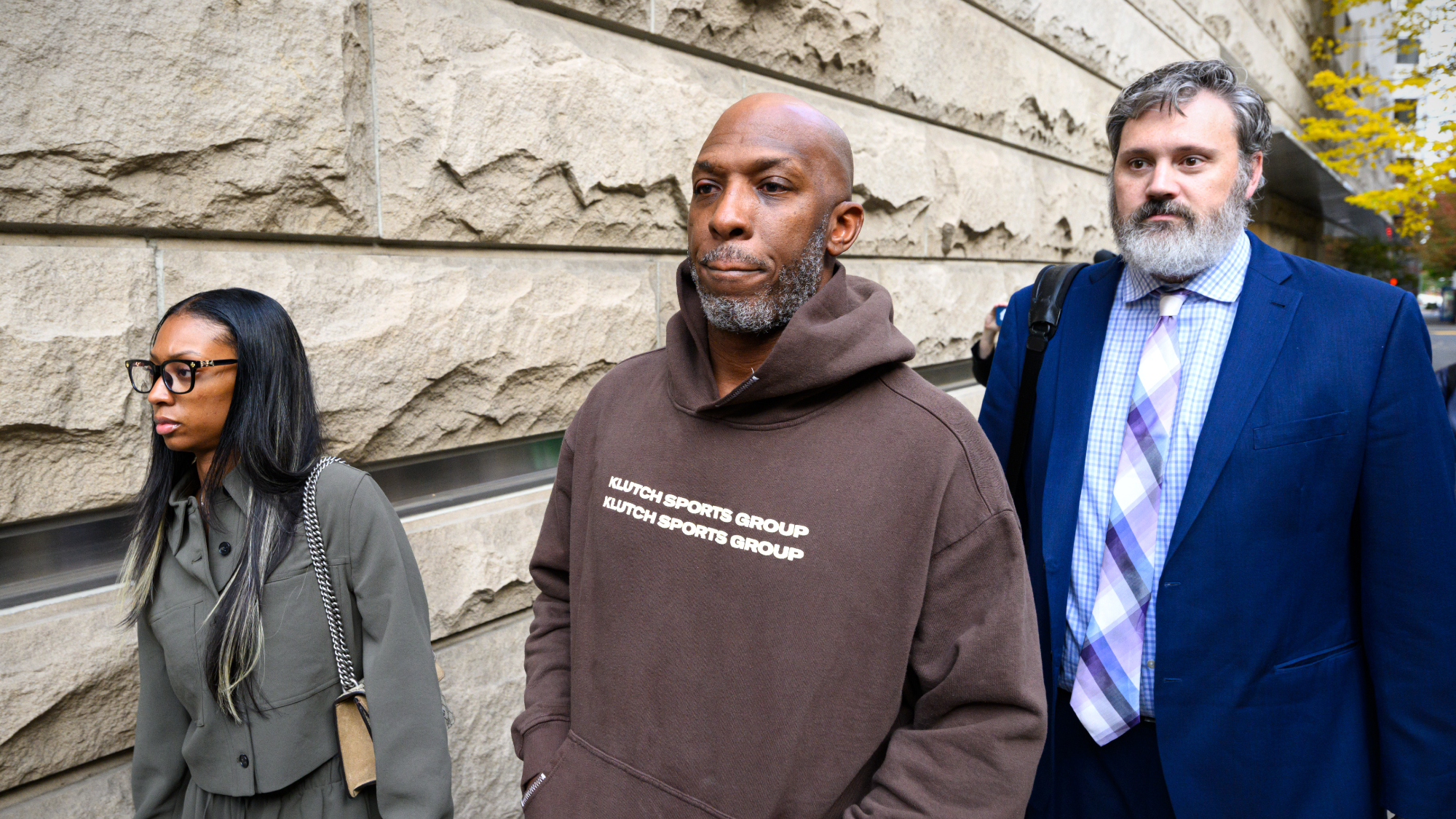Ex-Interior Secretary Ryan Zinke promises his new job at a mining company is not a conflict of interest


A free daily email with the biggest news stories of the day – and the best features from TheWeek.com
You are now subscribed
Your newsletter sign-up was successful
Former Interior Secretary Ryan Zinke's new boss may have hired him because of his "excellent relationship" with several government departments, but Zinke says there's no conflict at all with him now working for a mining exploration and development company.
"I don't lobby," Zinke told The Associated Press. "I just follow the law, so I don't talk to anybody on the executive side or influence [anyone]." The Department of the Interior is responsible for the management and conservation of the country's land, water, wildlife, and energy. When Zinke stepped down as secretary in December, he was the subject of several investigations, including one involving his connection to a real estate deal with a company regulated by the Interior Department.
In his new role at Nevada-based U.S. Gold Corp, Zinke is a consultant and board member, earning $100,000 annually. The company's CEO, Edward Karr, told AP he's "excited to have Secretary Zinke move us forward" on two pending mining projects, including one in Nevada on land administered by the Bureau of Land Management; BLM is under the Interior Department.
The Week
Escape your echo chamber. Get the facts behind the news, plus analysis from multiple perspectives.

Sign up for The Week's Free Newsletters
From our morning news briefing to a weekly Good News Newsletter, get the best of The Week delivered directly to your inbox.
From our morning news briefing to a weekly Good News Newsletter, get the best of The Week delivered directly to your inbox.
President Trump signed an executive order in 2017 that prohibits executive-branch appointees from lobbying their former agency for at least five years after exiting the department, AP notes, and there are also criminal statutes banning certain communications between former senior federal officials and their old agencies for one to two years.
A free daily email with the biggest news stories of the day – and the best features from TheWeek.com
Catherine Garcia has worked as a senior writer at The Week since 2014. Her writing and reporting have appeared in Entertainment Weekly, The New York Times, Wirecutter, NBC News and "The Book of Jezebel," among others. She's a graduate of the University of Redlands and the Columbia University Graduate School of Journalism.
-
 How the FCC’s ‘equal time’ rule works
How the FCC’s ‘equal time’ rule worksIn the Spotlight The law is at the heart of the Colbert-CBS conflict
-
 What is the endgame in the DHS shutdown?
What is the endgame in the DHS shutdown?Today’s Big Question Democrats want to rein in ICE’s immigration crackdown
-
 ‘Poor time management isn’t just an inconvenience’
‘Poor time management isn’t just an inconvenience’Instant Opinion Opinion, comment and editorials of the day
-
 2 MLB pitchers charged with rigging throws for bets
2 MLB pitchers charged with rigging throws for betsSpeed Read Cleveland Guardians pitchers Emmanuel Clase and Luis Ortiz have been indicted
-
 FBI nabs dozens in alleged NBA gambling ring
FBI nabs dozens in alleged NBA gambling ringSpeed Read Portland Trail Blazers head coach Chauncey Billups and Miami Heat guard Terry Rozier are among 34 people indicted in connection with federal gambling investigations
-
 Trump orders NFL team to change name, or else
Trump orders NFL team to change name, or elseSpeed Read The president wants the Washington Commanders to change its name back to the 'Redskins'
-
 Thunder beat Pacers to clinch NBA Finals
Thunder beat Pacers to clinch NBA FinalsSpeed Read Oklahoma City Thunder beat the Indiana Pacers in Game 7 of the NBA Finals
-
 MLB lifts ban on Pete Rose, other dead players
MLB lifts ban on Pete Rose, other dead playersspeed read 16 deceased players banned for gambling and other scandals can now be inducted into the Baseball Hall of Fame
-
 Canada beats US in charged 4 Nations hockey final
Canada beats US in charged 4 Nations hockey finalSpeed Read 'You can't take our country — and you can't take our game,' Prime Minister Justin Trudeau posted after the game
-
 Eagles trounce Chiefs in Super Bowl LIX
Eagles trounce Chiefs in Super Bowl LIXspeed read The Philadelphia Eagles beat the Kansas City Chiefs 40-22
-
 Indian teen is youngest world chess champion
Indian teen is youngest world chess championSpeed Read Gukesh Dommaraju, 18, unseated China's Ding Liren
